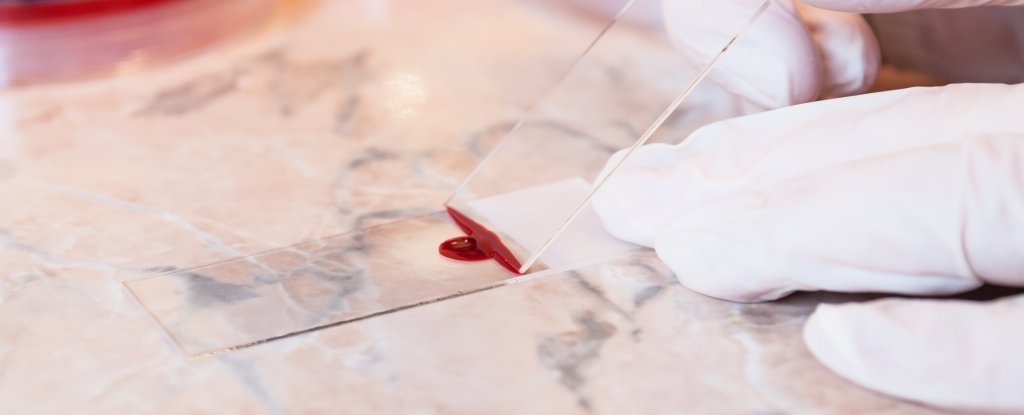Freaking brilliant!
It's a world first. A newly developed blood test is capable of the early detection of melanoma, with over 80 percent accuracy.It could help save thousands of lives, according to the Australian Edith Cowan University Melanoma Research Group scientists who developed the test.
Melanoma is the most deadly form of skin cancer, claiming 59,782 lives around the world in 2015. Australasia, North America and Europe are the regions most susceptible to the disease.
There's good news. If caught early, the survival rate for melanoma climbs to 95 percent. But if you miss that early window, your chances will plummet to below 50 percent. This is what the blood test is designed to help prevent.
"While clinicians do a fantastic job with the tools available, relying on biopsies alone can be problematic. We know that three out of four biopsies come back negative for melanoma," said cancer researcher Pauline Zaenker.
"The biopsies are quite invasive, with a minimum of 1cm by 1cm of skin excised from the patient. They are also costly, with previous research showing that the Australian health system spends AU$201 million on melanoma each year with an additional AU$73 million on negative biopsies."
The blood test, called MelDX, works by detecting the antibodies the body produces as soon as melanoma develops. The team analysed 1,627 different types of antibodies, and narrowed them down to a combination of 10 that indicate the presence of melanoma in the body.
They then took blood from 104 people with melanoma and 105 healthy controls, and found that MelDX was capable of detecting melanoma with 81.5 percent accuracy.
More specifically, it was able to detect the cancer in 79 percent of the patients with melanoma; and has a false positive rate in only 16 percent in healthy patients.
The detection rate may actually be a little higher than the accuracy of skin biopsies, which, according to a 2012 study, was 76 percent in an Australian public hospital.
That's not a perfect result, but it does provide a starting point before other, more invasive tests are embarked on; in conjunction with current diagnostic techniques, it could improve early diagnosis - and therefore people's chance of survival.
The next step, the researchers said, will be to take MelDX to clinical trial, which is currently being organised, and which could help refine the test.
"We envision this taking about three years. If this is successful we would hope to be able to have a test ready for use in pathology clinics shortly afterwards," said Melanoma Research Group head Mel Ziman.
"The ultimate goal is for this blood test to be used to provide greater diagnostic certainty prior to biopsy and for routine screening of people who are at a higher risk of melanoma, such as those with a large number of moles or those with pale skin or a family history of the disease."
Meanwhile, there are easy ways you can help protect yourself from melanoma and other skin cancers, including wearing sunscreen, staying in the shade during the hottest hours of the day, and avoiding UV tanning beds.
The team has published their research in the journal Oncotarget.
ΠΗΓΗ

Δεν υπάρχουν σχόλια:
Δημοσίευση σχολίου